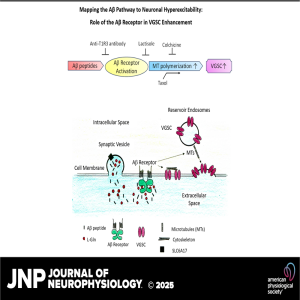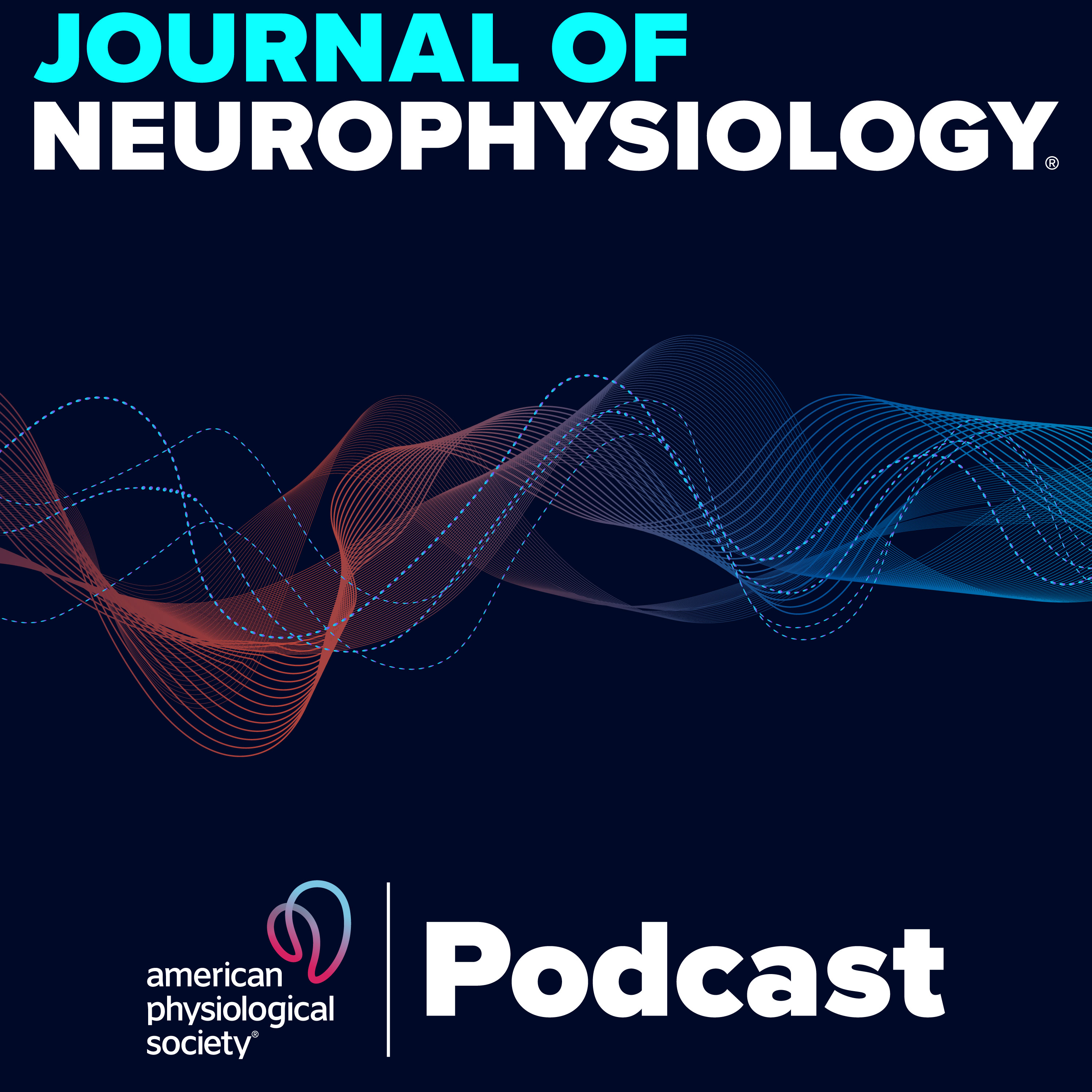Episodes

3 days ago
3 days ago
In this episode of the Journal of Neurophysiology's podcast series, we spotlight the research titled “Discovery of the Aβ receptor that controls the voltage-gated sodium channel activity: unraveling mechanisms underlying neuronal hyperexcitability.”
Alzheimer’s disease is well known for memory loss and cognitive decline—but behind these symptoms lies a web of complex neuronal dysfunction. This study reveals that amyloid beta peptides (Aβs), known to enhance sodium channel activity and drive hyperexcitability, exert their effects via an unexpected molecular player: the type I taste receptor, T1R2/T1R3.
Using advanced patch-clamp techniques, the researchers identified this novel Aβ receptor, opening a promising new path for therapeutic intervention. By targeting this receptor, future treatments may be able to reduce Aβ-induced hyperactivity and slow AD progression.
Journal of Neurophysiology 2025 133:6, 1861-1885


No comments yet. Be the first to say something!